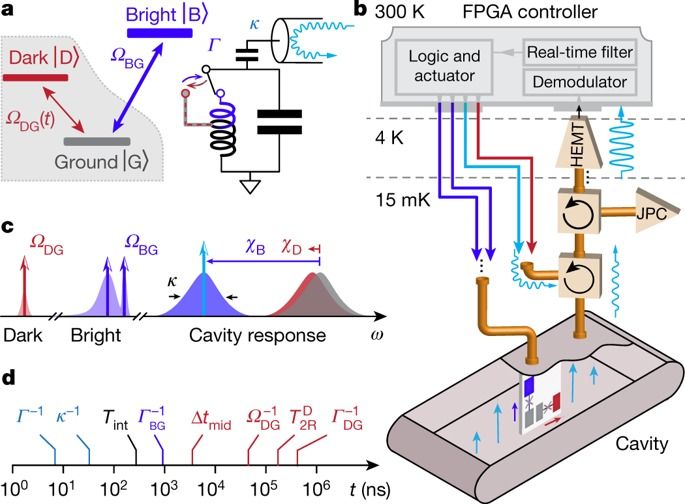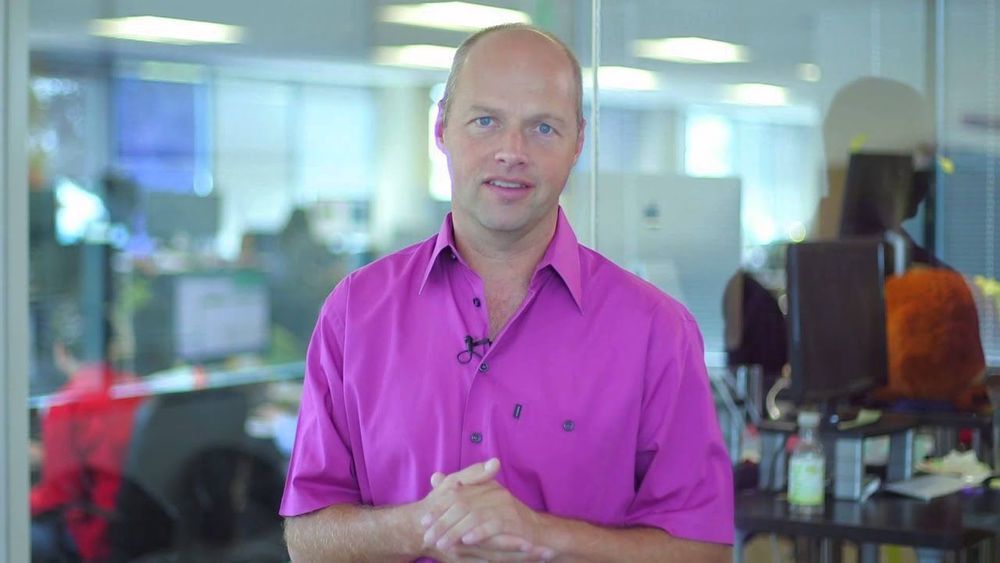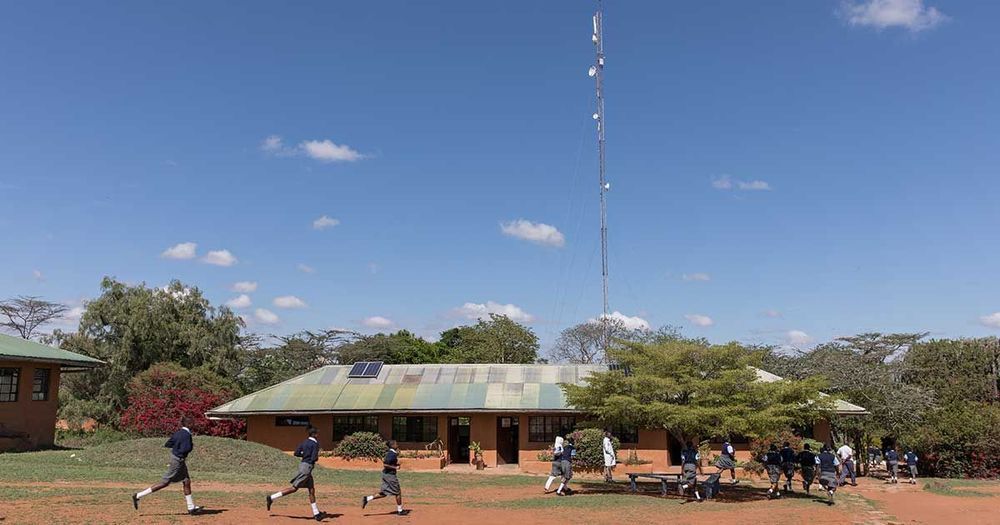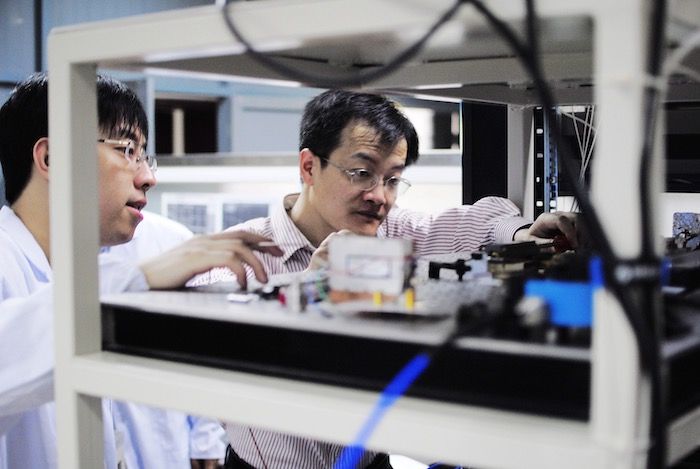Jun 7, 2019
To catch and reverse a quantum jump mid-flight
Posted by Quinn Sena in categories: evolution, particle physics, quantum physics
In quantum physics, measurements can fundamentally yield discrete and random results. Emblematic of this feature is Bohr’s 1913 proposal of quantum jumps between two discrete energy levels of an atom. Experimentally, quantum jumps were first observed in an atomic ion driven by a weak deterministic force while under strong continuous energy measurement2,3,4. The times at which the discontinuous jump transitions occur are reputed to be fundamentally unpredictable. Despite the non-deterministic character of quantum physics, is it possible to know if a quantum jump is about to occur? Here we answer this question affirmatively: we experimentally demonstrate that the jump from the ground state to an excited state of a superconducting artificial three-level atom can be tracked as it follows a predictable ‘flight’, by monitoring the population of an auxiliary energy level coupled to the ground state. The experimental results demonstrate that the evolution of each completed jump is continuous, coherent and deterministic. We exploit these features, using real-time monitoring and feedback, to catch and reverse quantum jumps mid-flight—thus deterministically preventing their completion. Our findings, which agree with theoretical predictions essentially without adjustable parameters, support the modern quantum trajectory theory5,6,7,8,9 and should provide new ground for the exploration of real-time intervention techniques in the control of quantum systems, such as the early detection of error syndromes in quantum error correction.


















